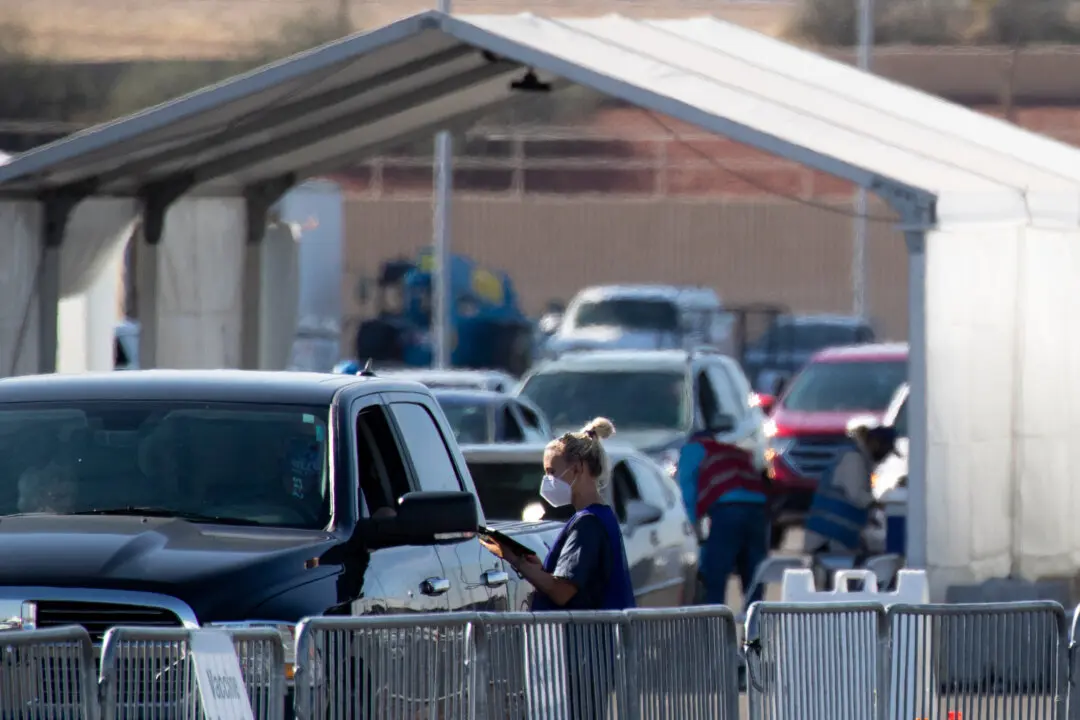The first COVID-19 vaccine approved for use in the United States is not available yet and it’s unclear when the first doses will be ready for administration.
The Food and Drug Administration (FDA) on Aug. 23 approved a vaccine from Pfizer and its German partner, BioNTech. But at the same time, drug regulators extended (pdf) emergency use authorization (EUA) for existing doses of the vaccine.





